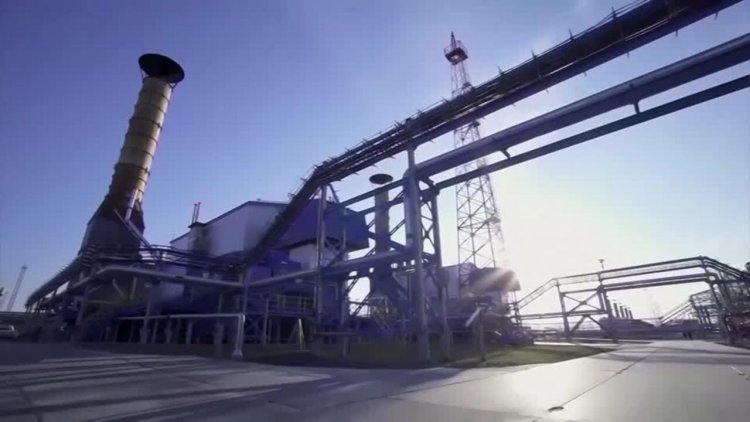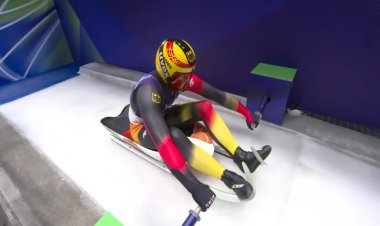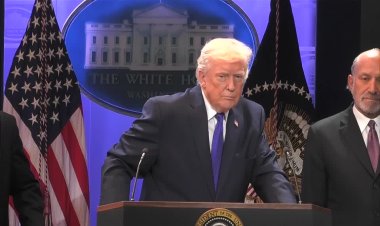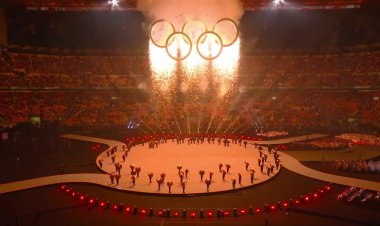Russian gas transit to Europe ends via Ukraine

Russian gas supplies to Europe via Ukraine came to an end on New Year's Day. It brings down the curtain on Moscow's long period of dominance of supply in the European gas market.
Russia's oldest gas export route to Europe is a pipeline dating back to Soviet days. The deal expired after Ukraine's Naftogaz refused to renew its latest five-year transit deal with Russia's Gazprom. Ukraine’s Energy Minister German Galushchenko called this a “historic event”. “Russia is losing its markets, it will suffer financial losses,” he said in a statement.
Despite the war between the two countries, Ukrainian President Volodymyr Zelenskiy had said in December that
Kyiv might consider allowing the transit of Russian gas. But it was on the condition that payments to Moscow be withheld until the fighting ends.
Russian President Vladimir Putin a week later said there was no time left to sign a new deal. Russia and the Soviet Union spent half a century building up a major share of the European gas market, which at its peak stood at around 35%. But the war in Ukraine has all but destroyed that business for Gazprom and Russia now holds about 8% of the market.
Most Russian gas routes to Europe are shut, including Yamal-Europe via Belarus and Nord Stream under the Baltic that was blown up in 2022.
EU gas prices rallied the same year to record highs after the loss of Russian supplies. But experts say a repeat of that rally is unlikely given the now modest volumes involved and the small number of customers impacted. The Ukraine route serves Austria and Slovakia, and both have arranged for alternative supplies.
Ukraine is giving up some $800 million a year in fees from Russia. While Gazprom will lose close to $5 billion in gas sales to Europe via Ukraine.















